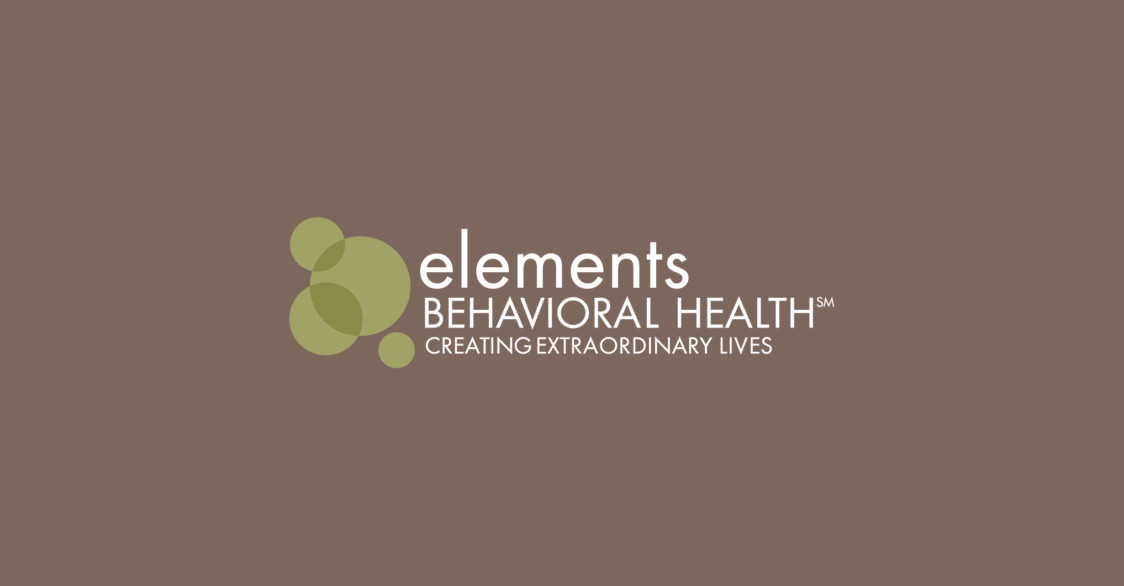“What does vulnerability feel like?”
Answer: “Vulnerability feels like…
…a black hole.”
…flying without the controls.
…losing your eyesight and letting your senses guide you.”
These were a few of the responses from more than 100 Atlanta-area clinicians in attendance at an Elements-hosted continuing education event that introduced Dr. Brené Brown’s The Daring Way™ and shared insights from Dr. Brown’s research on subjects like shame, trust and vulnerability. “Wholehearted Living for Helping Professionals” (as the workshop was titled) brought participants a taste of Dr. Brown’s challenge to “Show up. Be seen. Live Brave.” Based on 13,000 pieces of data in the form of interviews conducted across more than a dozen years of clinical research, that motto is now the centerpiece of the internationally renowned, clinical training program The Daring Way™.
Dr. Brown is a “grounded theory” researcher at the University of Houston, as the workshop’s presenter, Ilana Zivkovich, LCSW, LCDC, CDWF, explained. Dr. Brown gathers data and from there builds theories, as opposed to starting with a theory or hypothesis and then conducting research. The two-hour workshop was organized by Elements’ Southeast Regional Outreach Director Kate Lovein, as a way of introducing Dr. Brown’s work to local clinicians interested in exploring further training in The Daring Way™.
Zivkovich is the executive director of Promises Austin, one of a number of Elements’ residential centers nationwide treating adult chemical dependency, trauma and other co-occurring disorders. She is also one of only 47 Certified Daring Way™ Facilitator Consultants in the United States.
Zivkovich started the workshop by asking her audience to describe the kinds of things clients struggling with shame might say in a therapy session. The answers varied from “I’m defective” to “I’m a nobody.” The implication? That we all can find different words to describe a universal phenomenon we all have experienced at one time or another in our lives—an abiding sense of not being enough; in other words, shame.
Quoting Dr. Brown, Zivkovich explained that shame is the biggest obstacle to experiencing loving human connection and a sense of belonging. “If we want to fully experience love and belonging, we must believe we are worthy of love and belonging,” she said, recalling Dr. Brown’s words from a 2012 TED Talk that went viral.
Zivkovich went on to clarify what shame is not. Shame, she summarized, is not to be confused with guilt, embarrassment or humiliation. Shame is not, for example, feeling bad that you did something wrong. Shame is feeling that you are what is wrong; that you yourself are inherently bad.
Zivkovich also addressed four myths about vulnerability, via Dr. Brown and her research: that vulnerability equals weakness; that vulnerability equates with over-sharing one’s personal information; that vulnerability can be avoided; and, that vulnerability can be practiced in isolation. Instead, learning to be vulnerable is about being brave in the face of risk and emotional uncertainty.
Such lessons are not for clinicians only, as Lovein noted when asked to summarize the event. The “tools and a language around shame and vulnerability” presented in this workshop are “concepts relevant to every therapist and every human being.”




